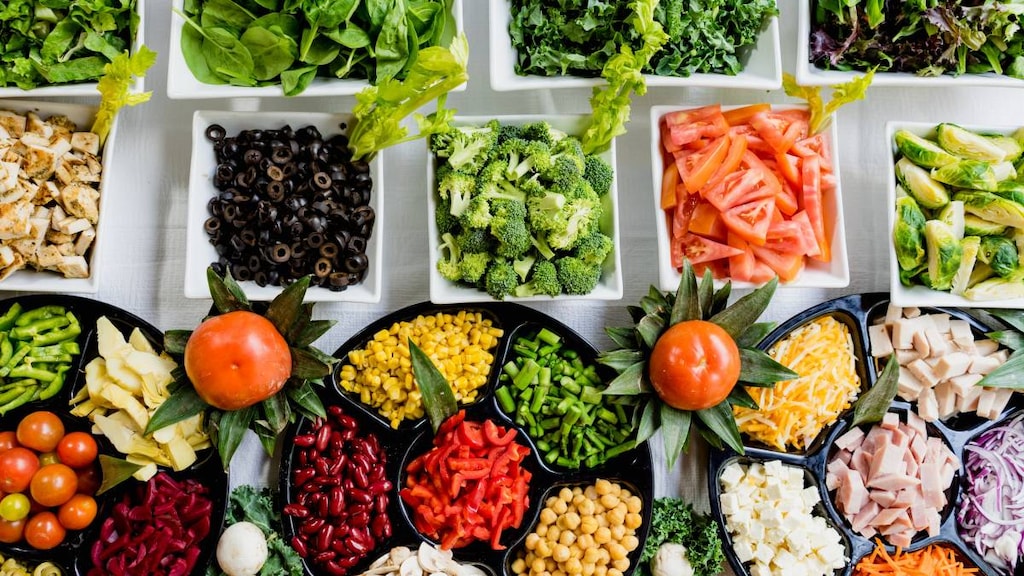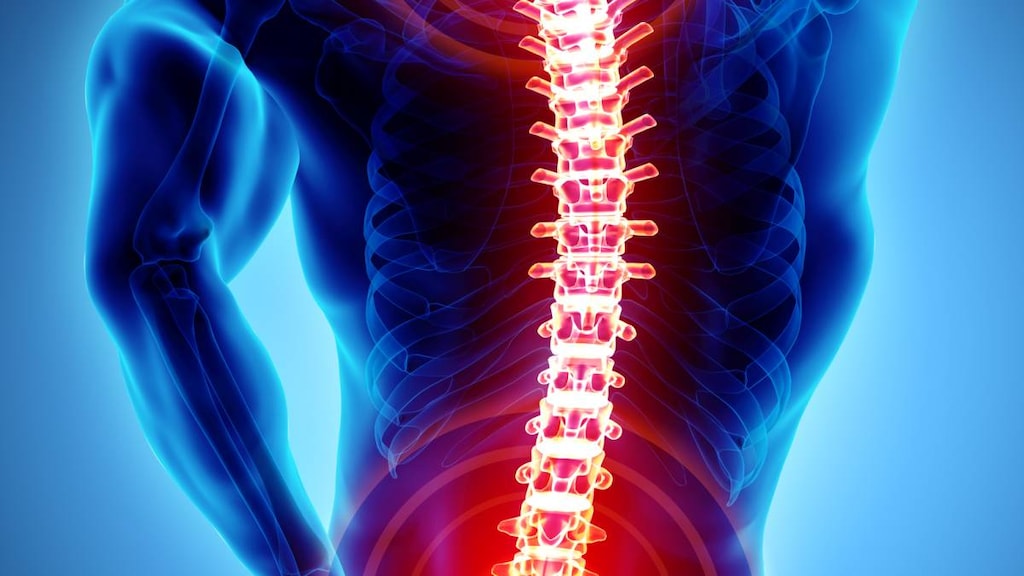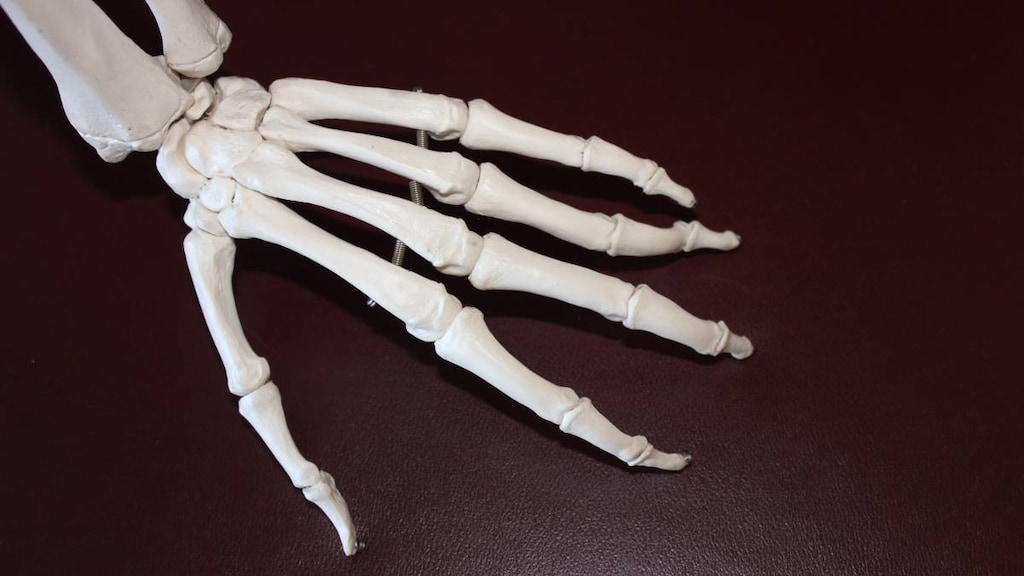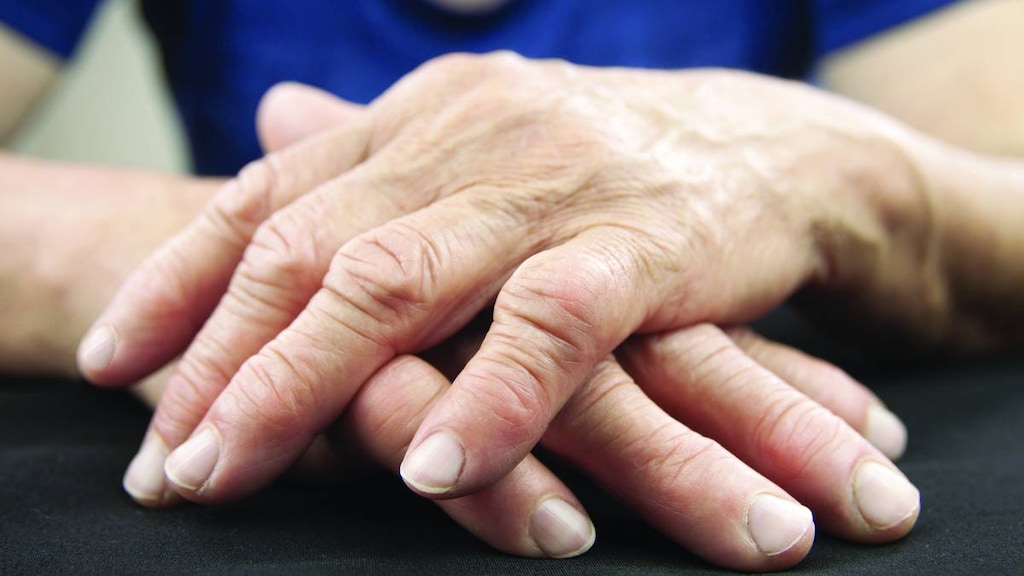Rheumatoid arthritis - best foods to eat or avoid

Rheumatoid arthritis — an autoimmune disease that causes the immune system to mistakenly attack and inflame the body’s joints — cannot be cured by diet. However, choosing the right foods and maintaining a healthy weight, along with your medications, may help you control the inflammation and symptoms caused by rheumatoid arthritis.
There is no concrete research that points to one diet to treat rheumatoid arthritis, but some foods have been shown to help your body fight inflammation, while others may worsen inflammation.
Best foods to eat for rheumatoid arthritis
Eat these foods that support healthy joints and reduce inflammation in your body:
Fatty fish rich in omega-3 fatty acids
- Salmon
- Tuna
- Sardines
- Herring
Fruits and vegetables
- For the most health benefits, eat a wide range of colorful and antioxidant-rich fruits and vegetables; blueberries, kale and broccoli are all good sources of antioxidants
Whole grains
- Oats
- Whole wheat
- Brown rice
- Quinoa
Peas and beans
- Black-eyed peas
- Black beans
- Garbanzo beans
- Red kidney beans
Nuts
- Walnuts
- Pine nuts
- Pistachios
- Hazelnuts
- Almonds
Olive oil
These healthy options can help you feel better in a variety of ways:
- Reduce inflammation. Omega-3 fatty acids — like those found in fatty fish and in smaller amounts in walnuts, pecans, ground flaxseed and soy — may help control inflammation, while omega-6 fatty acids — found in meats, certain oils and some fried and processed foods — may worsen inflammation. Research has shown that the ratio between omega-3s and omega-6s is important for managing inflammation, and you should aim to have more omega-3s.
The Mediterranean diet has been shown in studies to be a good approach to controlling inflammation, and it may work for some people with rheumatoid arthritis.
- Reduce cell damage. Antioxidants — which are found in many fruits and vegetables, especially the colorful ones — can help lessen some types of cell damage, the cause of inflammation.
- Lower levels of C-reactive protein (CRP). Fruits, vegetables and whole grains can help lower the amount of a protein called CRP, which the body produces in response to inflammation.
- Reduce pain. Oleocanthal — a compound found in olive oil — reduces inflammation and may help to alleviate pain.
Foods to avoid with rheumatoid arthritis
Avoid these foods that can cause inflammation in your body:
Meats that are grilled, broiled or fried
Processed meats
- Deli meats
- Bacon
- Pepperoni
Foods high in trans fats
- Anything with partially hydrogenated oil, including some processed foods like cakes, cookies, microwave popcorn, frozen pizza and fried foods
Foods high in saturated fats
- Fatty meat
- Butter
- Cheese
Some oils
- Partially hydrogenated oil
- Vegetable oils
Sugar
- Sodas
- Juices
- Pastries
Refined carbohydrates
- White bread
- White rice
- Pasta
Preservatives and flavor enhancers
- Monosodium glutamate (MSG)
Alcohol
There are many foods that can worsen inflammation, but most can be avoided by consuming less pre-packaged or processed foods and eating more fruits, vegetables and whole grains.
Maintaining a healthy diet
Keeping extra pounds away is helpful; a healthy diet keeps off excess weight, which can put pressure on your joints and worsen symptoms, and body fat can foster inflammation. People with the disease may also be at higher risk of malnutrition, which a balanced diet can help prevent.
Here are some general tips to help maintain a healthy diet:
- Enjoy a wide variety of foods
- Balance the food you eat with physical activity
- Make sure your diet includes plenty of grains, fruits and vegetables
- Keep a diet that’s low in fat, saturated fat and cholesterol
- Your sugar intake should be moderate
- Moderation is key if you choose to drink alcoholic beverages
Unfortunately, there is no miracle diet for rheumatoid arthritis, and what works for one person may not work for another. If you have rheumatoid arthritis, consult your healthcare provider to come up with a diet plan that works well for you.
Article references
- Hackensack Meridian Health. Foods You Should Avoid with Rheumatoid Arthritis. September 26, 2018. Available at: https://www.hackensackmeridianhealth.org/HealthU/2018/09/26/foods-you-should-avoid-with-rheumatoid-arthritis/. [Accessed August 14, 2020].
- U.S. Centers for Disease Control and Prevention (CDC). Rheumatoid Arthritis. July 27, 2020. Available at: https://www.cdc.gov/arthritis/basics/rheumatoid-arthritis.html. [Accessed August 14, 2020].
- Johns Hopkins Arthritis Center. Nutrition & Rheumatoid Arthritis. May 11, 2015. Available at: https://www.hopkinsarthritis.org/patient-corner/disease-management/rheumatoid-arthrtis-nutrition/. [Accessed August 14, 2020].
- Arthritis Foundation. Foods That Can Help RA Symptoms. Available at: https://www.arthritis.org/health-wellness/treatment/treatment-plan/tracking-your-health/foods-that-can-help-ra-symptoms. [Accessed August 14, 2020].
- Arthritis Foundation. The Ultimate Arthritis Diet. Available at: https://www.arthritis.org/health-wellness/healthy-living/nutrition/anti-inflammatory/the-ultimate-arthritis-diet. [Accessed August 14, 2020].
- Sureda A, Bibiloni MDM, Julibert A, et al. Adherence to the Mediterranean Diet and Inflammatory Markers. Nutrients. 2018 Jan 10;10(1):62. https://doi.org/10.3390/nu10010062.
- Mayo Clinic. Trans fat is double trouble for your heart health. February 13, 2020. Available at: https://www.mayoclinic.org/diseases-conditions/high-blood-cholesterol/in-depth/trans-fat/art-20046114. [Accessed August 14, 2020].




